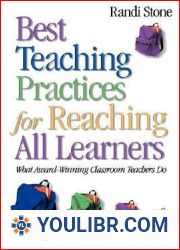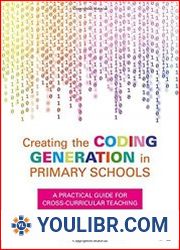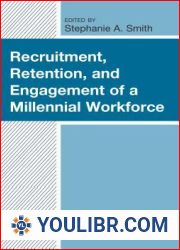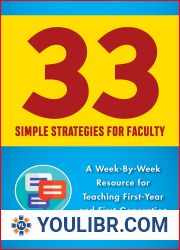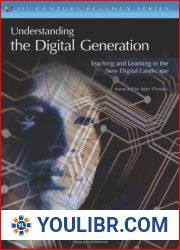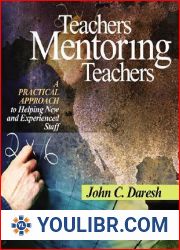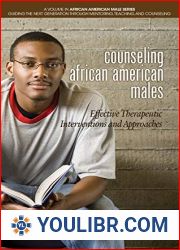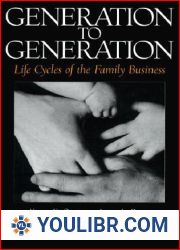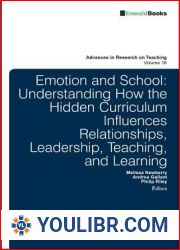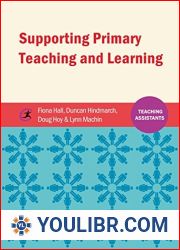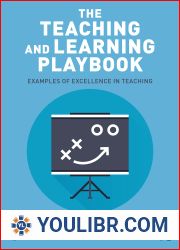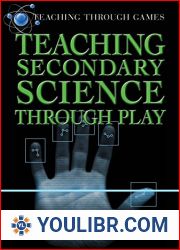
BOOKS - Teaching the Next Generation of Teachers: Preparing for the Practice of Learn...

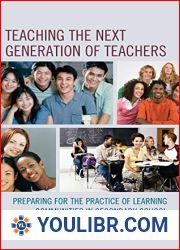
US $6.93

510719

510719
Teaching the Next Generation of Teachers: Preparing for the Practice of Learning Communities in Secondary School
Author: Rich Waters
Year: September 30, 2016
Format: PDF
File size: PDF 1.3 MB
Language: English
Year: September 30, 2016
Format: PDF
File size: PDF 1.3 MB
Language: English
Teaching the Next Generation of Teachers looks to serve the many teachers who teach or sponsor classes, clubs, or conferences for secondary school students who aspire to become teachers. Based on the author's research with students in the Tomorrow's Teachers program, the book's development is rich with the voices of students and their reflections on how teachers sometimes inspired them to teach and sometimes impelled them to think of new ways to teach. Their personal stories as learners will validate all students' experiences as it both invites and inspires aspiring teachers in secondary schools to fulfill their dreams by becoming teachers.Guided by the learning community concept, it presents research and practical activities that will assist teachers and their students in re-imagining and re-inventing what teachers and schools do. It does this as it presents important research on how professional learning communities have the most positive effects on student learning while also empowering teachers to greater job satisfaction.Most importantly, this book will serves as a practical, how-to guide so secondary school students can begin to experience working in a professional learning community as they strive to improve the schools they are in right now. In doing this, the book adheres to the idea that 'student leadership now is the best preparation for teacher leadership later.' It will help aspiring teachers move away from the many stale traditions in schooling as they re-conceive of the profession in ways that will make it more personally satisfying while acknowledging that the work of teachers in the 21 st century must necessarily be different from what we have now, legacy practices of standardization left over from the industrial age.













